Representatives from Amazon, Comcast, Google and several other telecom companies gathered at Stewart Stadium on Feb. 1 and 2 for Weber State University’s annual Lingofest, a tech conference exploring the future of voice-activated technology.
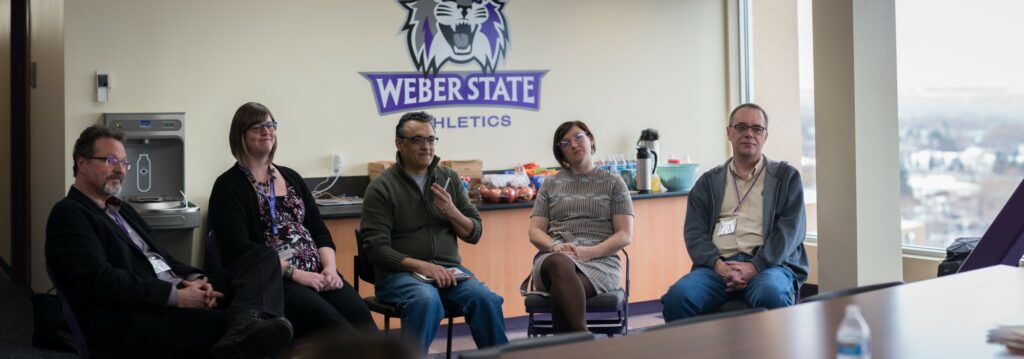
The event was held in conjunction with the fifth annual Digital Humanities Utah conference and attracted attendees from the computer science, web development and electrical engineering departments, as well as those studying English and communication.
With a total of 12 speakers at the conference, students had the chance to learn about possible career paths in the industry of voice-based technology.
“This is an opportunity for them to see the kind of jobs that are available and interact individually and realize the value of interdisciplinary thinking,” Dean of the College of Engineering, Applied Science and Technology David Ferro said.
Most smart devices today are designed with a built-in digital assistant that responds to commands or questions made by the owner’s voice. Programs using this technology, like Amazon’s Alexa, Microsoft’s Cortana and Google Home, have become a dominant trend in the modern electronic market.
According to Pragmatic Digital marketer Scot Westwater, researchers predicted that in 2018, voice assistants in technology will be around 27 percent prevalent in the United States. Furthermore, that number will reach 55 percent by 2022, making it the “next big thing” in technological development.
“It’s not hard to recognize the potential voice has for engaging and building relationships with users in a compelling and valuable way,” Westwater said. “But now that the opportunity is clear, the road forward is not.”
One of the first companies to pioneer this type of technology was Apple with their virtual assistant, Siri. However, experts claim she was only a starting point for the industry to grow and develop.
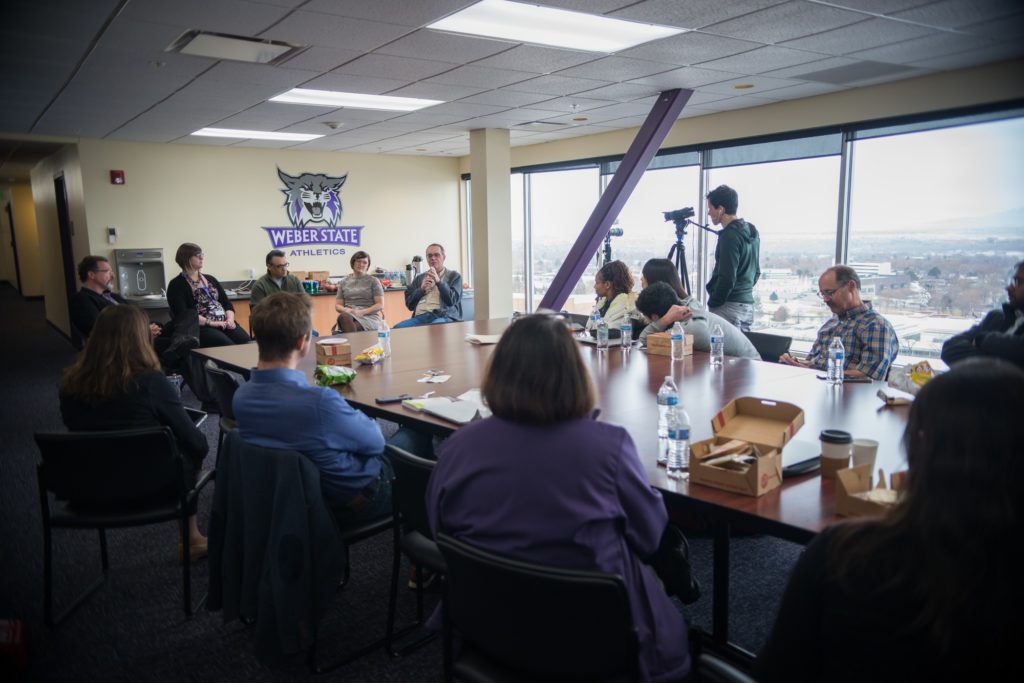
“She was the guinea pig and was the new fun thing to try out, but her algorithms skewed towards that interaction model instead of being an assistant,” Product Lead for Witlingo Brielle Nickoloff said.
Ahmed Bouzid, founder and CEO of Witlingo and Lingofest, said voice technology is popular because it is a more natural form of communication for humans than pushing a button.
In an interview with Bouzid, Director and Developer Engagement of Microsoft Noelle LaCharite said, “A child at three can develop work from a smartphone and understand how to use it. Just imagine if they are 15 or 20 how experienced they will become.”



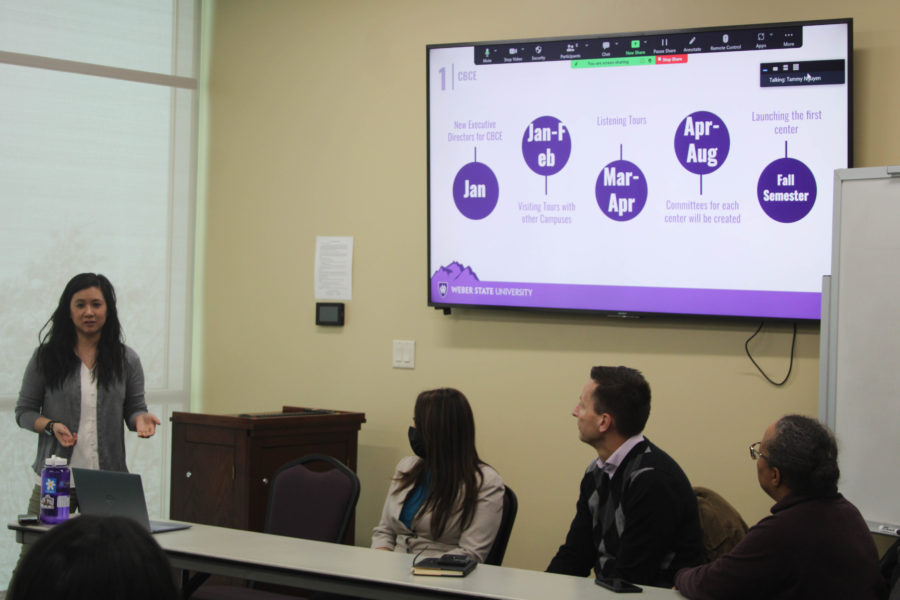
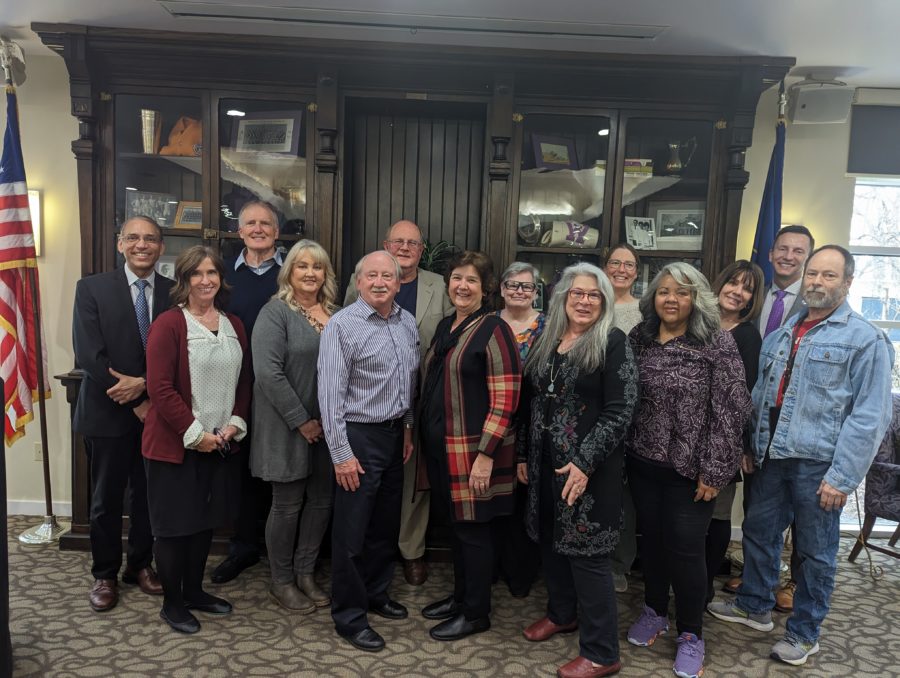
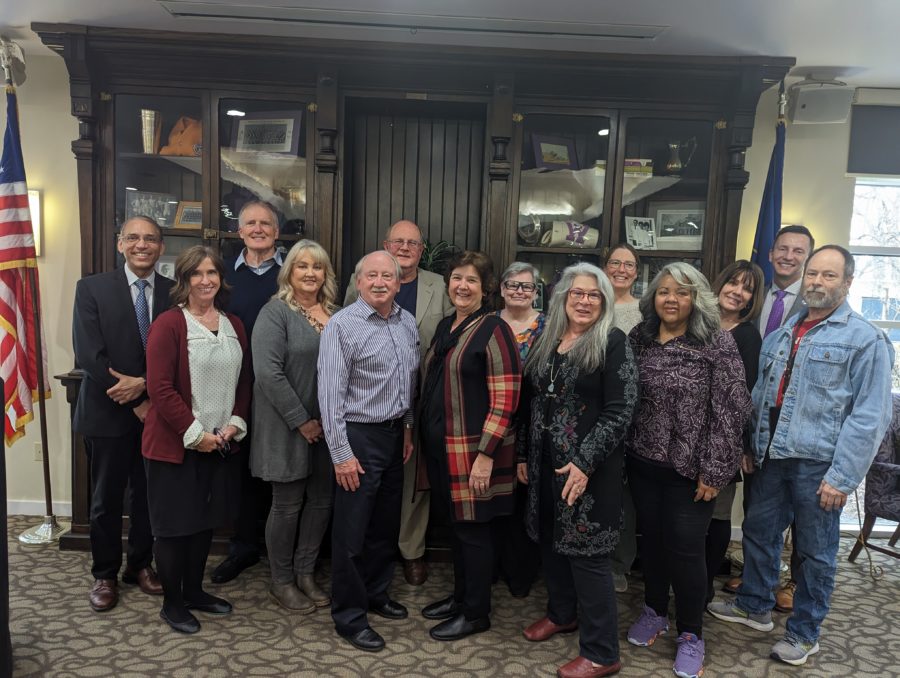















David Ferro • Feb 7, 2019 at 5:47 pm
That caption is incorrect. The person to the right in the first picture is Dr. Eric Swedin, not Dean David Ferro.